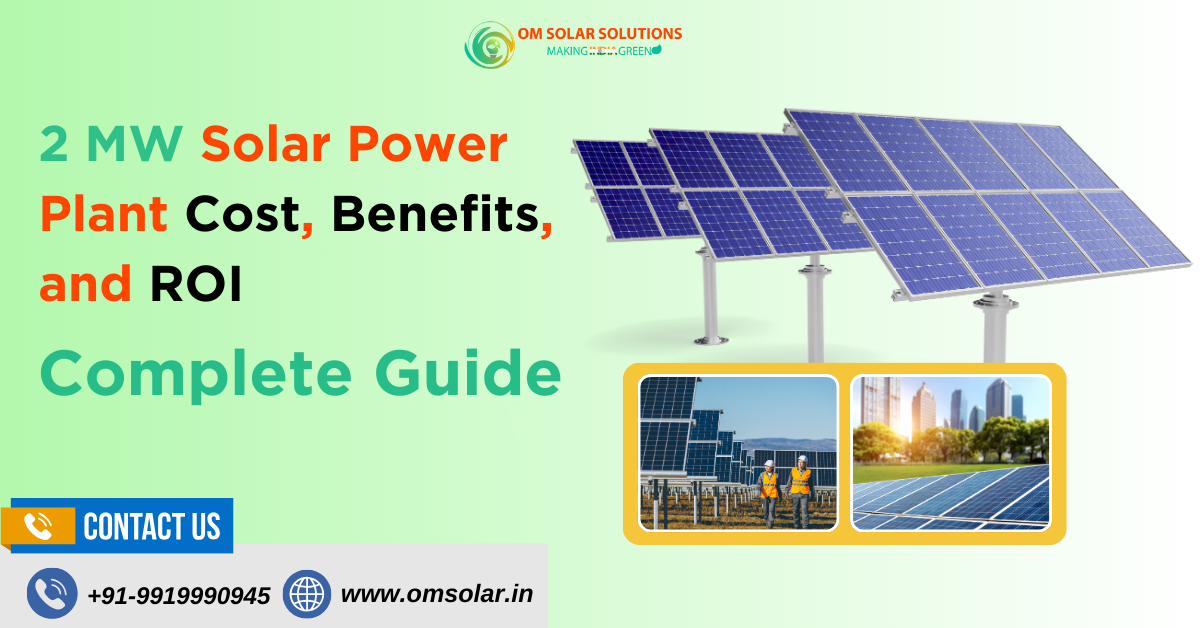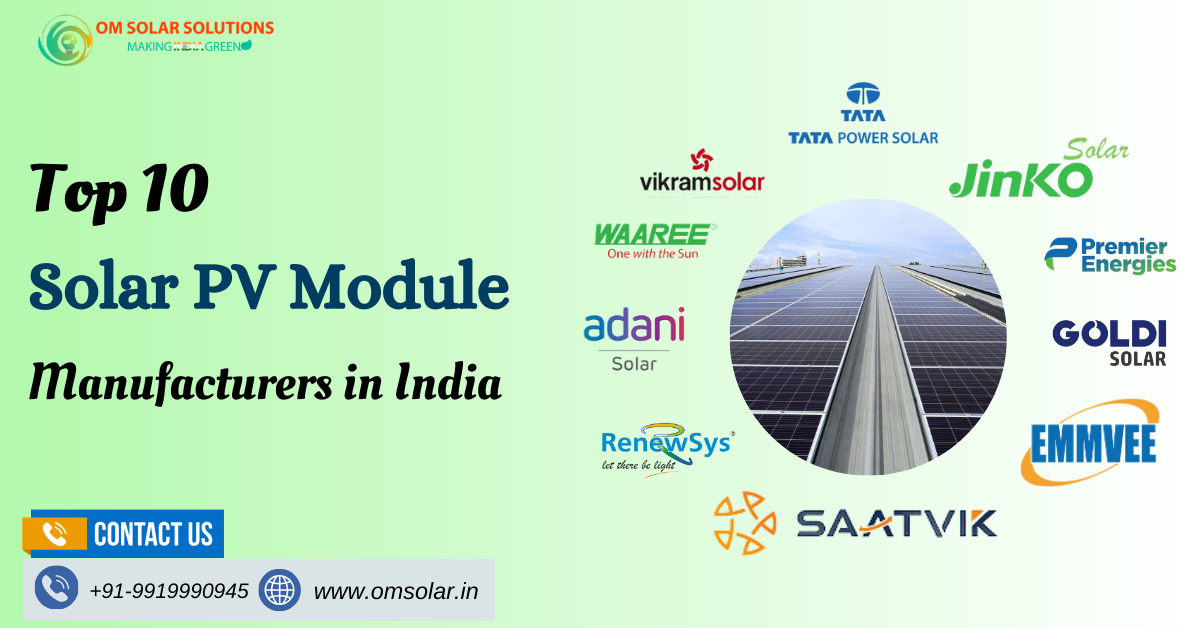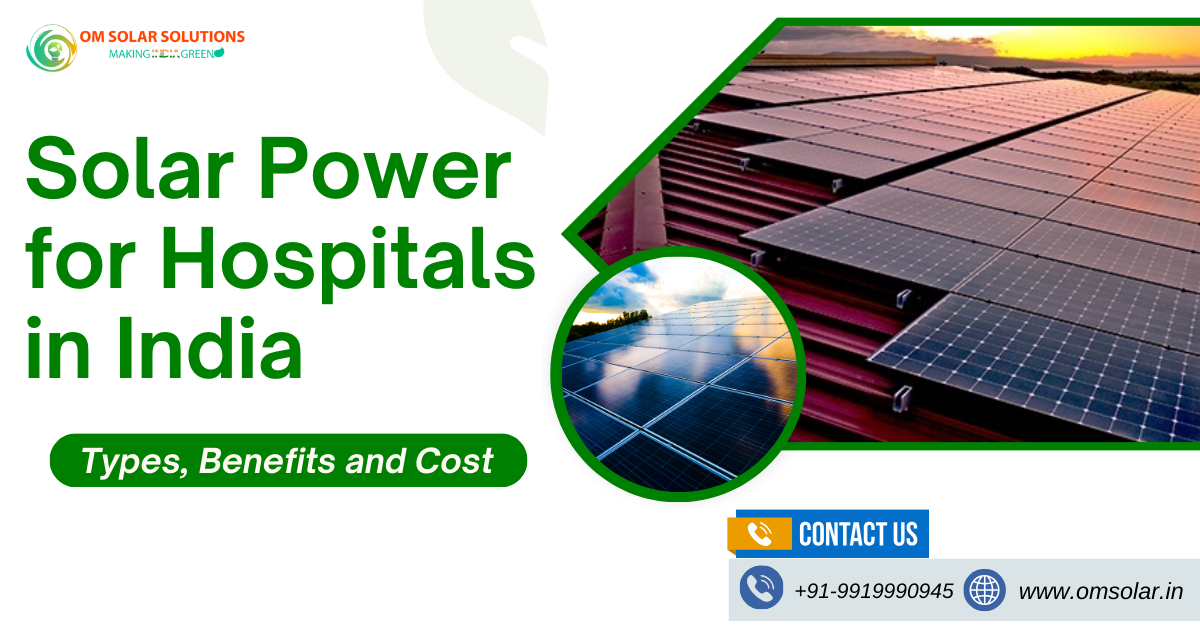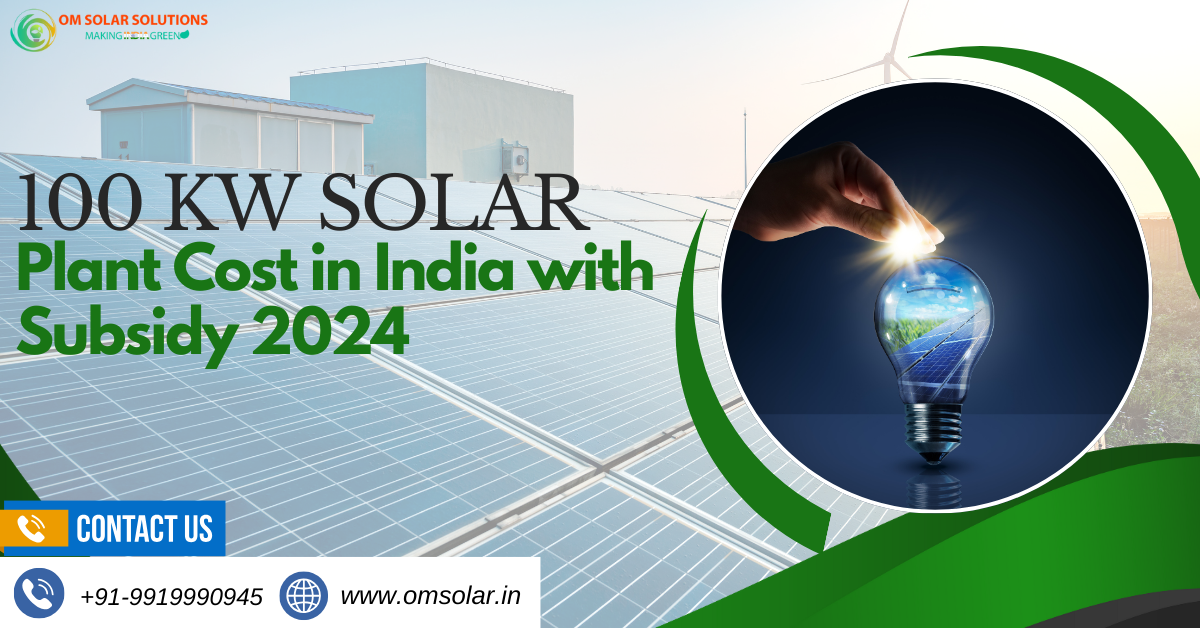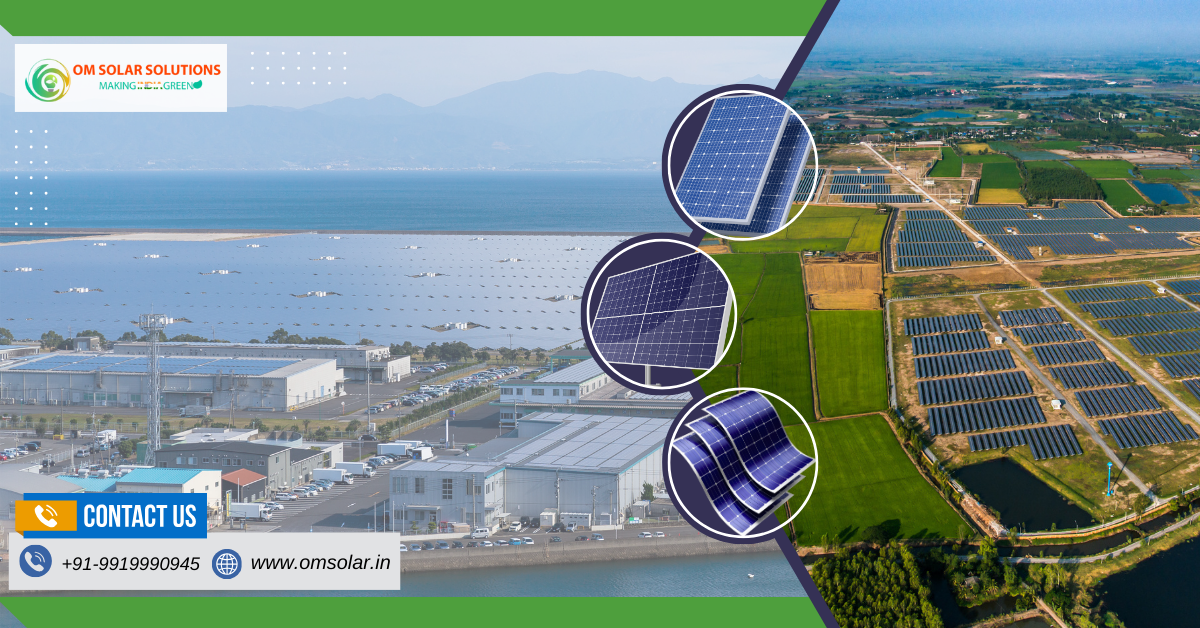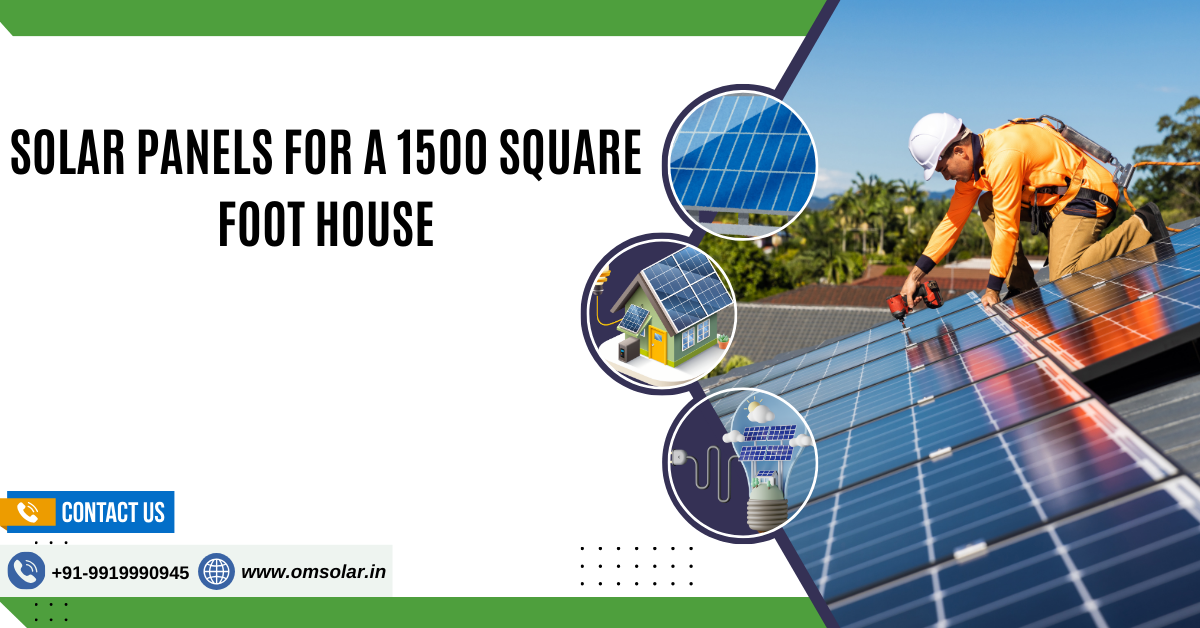Moving to green energy is no longer just a nice to have, but an imperative. Businesses and companies in India are looking to large-scale solar power plants to reduce costs and have less of an impact on the environment due to their growing energy needs. 2 MW Solar Power Plant is a great option for… Continue reading Complete Guide to 2 MW Solar Power Plant Cost, Benefits, and ROI in India
Tag: Commercial Solar Installation
Top 10 Solar PV Module Manufacturers in India 2024: Leading Brands, Prices, and Installation
As a result of India’s growing focus on renewable energy, many solar photovoltaic (PV) module manufacturers have become major players in the market. Solar PV modules are the heart of any solar power system; they turn sunlight into electricity. With India’s growing focus on renewable energy, choosing the right solar PV module manufacturer is essential… Continue reading Top 10 Solar PV Module Manufacturers in India 2024: Leading Brands, Prices, and Installation
Solar Power for Hospitals in India | Benefits, Costs, and Reliable Energy Solutions
In today’s world, hospitals need a reliable energy source for everything from ICUs to diagnostic equipment to keep patients safe and operations running smoothly. With frequent power cuts and rising electricity costs in India, hospitals need to find long-term solutions. Solar power is a reliable, eco-friendly, and cost-effective option that is becoming increasingly popular in… Continue reading Solar Power for Hospitals in India | Benefits, Costs, and Reliable Energy Solutions
100 kW Solar Plant Cost in India with Subsidy 2024: Price, Benefits, and ROI
India wants to use clean and green energy, and solar power is becoming an increasingly important part of that plan. A lot of businesses and industries are switching to solar power to cut down on the pollution and money they spend on energy. Putting in a 100 kW solar power plant is one of the… Continue reading 100 kW Solar Plant Cost in India with Subsidy 2024: Price, Benefits, and ROI
Solar Power for Businesses: The Benefits of Commercial Solar Installation
Solar power in commercial settings is smart and strategic due to the growing emphasis on environmental awareness and sustainable practices. More companies, large and small, are understanding the many advantages of using solar electricity. This blog discusses “Solar Power for Businesses,” highlighting the benefits of commercial solar installation. Moving from fossil fuels to renewable energy… Continue reading Solar Power for Businesses: The Benefits of Commercial Solar Installation
Exploring the Cost of Solar Panels for a 1500 Square Foot House
As the price of electricity keeps going up and people learn more about renewable energy choices, more and more people are thinking about installing solar panels as a way to lower their power bills and live in a more environmentally friendly way. Solar panels are a real way for homeowners to save money on their… Continue reading Exploring the Cost of Solar Panels for a 1500 Square Foot House

